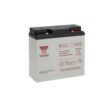Yuasa 12v 17Ah Lead Rechargeable Battery
Yuasa 12V 17Ah Lead Rechargeable Battery provides dependable backup power for critical systems where reliability cannot be compromised. This valve-regulated lead-acid (VRLA) battery combines proven technology with advanced manufacturing techniques to deliver consistent performance across demanding commercial and industrial applications.
Battery Technology and Performance Characteristics
Built using advanced AGM (Absorbed Glass Mat) technology, the Yuasa 12V 17Ah Lead Rechargeable Battery delivers stable voltage output throughout its discharge cycle while maintaining excellent deep-cycle capabilities. The sealed construction eliminates electrolyte spillage concerns while providing reliable service in various mounting orientations.
Performance specifications include:
- Nominal voltage: 12V with stable discharge characteristics
- Capacity: 17Ah at 20-hour discharge rate (0.85A)
- Technology: VRLA AGM construction with immobilized electrolyte
- Design life: 5 years at 25°C ambient temperature
- Cycle life: 260 cycles at 100% depth of discharge
- Self-discharge rate: <3% per month at 20°C storage
- Operating temperature: -15°C to +50°C ambient range
- Float voltage: 13.6-13.8V for optimal charging performance
Physical Construction and Safety Features
The Yuasa 12V 17Ah Lead Rechargeable Battery features flame-retardant ABS plastic construction with integrated safety venting that prevents dangerous gas accumulation while maintaining sealed operation. The robust terminal design ensures reliable electrical connections while accommodating various cable configurations.
Construction and safety characteristics:
- Flame-retardant ABS case material meeting UL94 V-0 standards
- Sealed maintenance-free design preventing electrolyte leakage
- Pressure relief valve system preventing case rupture
- Corrosion-resistant lead-calcium alloy grid construction
- Non-spillable design enabling safe operation in any position
- Terminal configuration: F2 (0.250″ tabs) with threaded posts
- Dimensions: 181mm × 77mm × 167mm compact profile
- Weight: 5.4kg for permanent installation applications
Application Versatility and System Integration
System designers specify the Yuasa 12V 17Ah Lead Rechargeable Battery for applications requiring reliable standby power with predictable performance characteristics. The battery’s consistent voltage regulation and deep-cycle capability make it suitable for both standby and cyclic service applications.
Primary application environments:
- Uninterruptible Power Supply (UPS) systems for computer equipment
- Security and fire alarm system backup power
- Emergency lighting and exit sign illumination
- Telecommunications equipment and network infrastructure
- Medical equipment requiring continuous power availability
- Access control systems and gate operator backup
- Solar energy storage systems for off-grid applications
- Mobility equipment including wheelchairs and scooters
Charging Requirements and Battery Management
The Yuasa 12V 17Ah Lead Rechargeable Battery requires proper charging protocols to achieve optimal service life and performance. The battery accepts various charging methods while maintaining compatibility with standard lead-acid battery chargers and management systems.
Charging specifications and recommendations:
- Float charging: 13.6-13.8V at 25°C for standby applications
- Cycle charging: 14.4-15.0V with temperature compensation
- Maximum charging current: 5.1A for rapid recharge capability
- Charging time: 10-12 hours for complete recharge after full discharge
- Temperature compensation: -3mV/°C/cell for optimal battery life
- Equalization charging: Not required due to VRLA technology
- Charger compatibility: Standard lead-acid battery charging equipment
- Battery management system integration: Compatible with most BMS platforms
Environmental Performance and Durability
Engineered for demanding environmental conditions, the Yuasa 12V 17Ah Battery maintains reliable operation across temperature extremes while withstanding vibration and shock loads typical of mobile and industrial applications. The sealed construction provides protection against dust and moisture ingress.
Environmental specifications:
- Operating humidity: Up to 95% relative humidity non-condensing
- Vibration resistance: 15-35Hz with 0.8mm amplitude displacement
- Shock resistance: 15G acceleration for 11ms duration
- Altitude operation: Up to 3000 meters above sea level
- Storage temperature: -20°C to +50°C for extended periods
- Corrosion resistance: Marine-grade terminals for harsh environments
- EMI/RFI immunity: Sealed construction preventing electromagnetic interference
- Transport classification: Non-hazardous under IATA regulations
Quality Assurance and Certification Standards
Manufacturing quality control ensures each Yuasa 12V 17Ah Lead Rechargeable Battery meets stringent performance and safety standards required for professional applications. The comprehensive testing protocols verify capacity, safety characteristics, and long-term reliability under accelerated aging conditions.
Quality certifications and standards:
- ISO 9001 quality management system certification
- UL recognition for safety and performance standards
- CE marking for European market compliance
- JIS (Japanese Industrial Standards) conformance
- IEC 61056 valve-regulated lead-acid battery standards
- UN38.3 transportation safety testing compliance
- RoHS environmental compliance for hazardous substances
- Factory quality testing including capacity verification and leak testing
Maintenance Requirements and Service Life
The maintenance-free design of the Yuasa 12V 17Ah Lead Rechargeable Battery eliminates water addition and electrolyte monitoring while providing predictable service life characteristics. Regular voltage monitoring and proper charging practices maximize battery performance and longevity.
Maintenance protocols and service considerations:
- Visual inspection quarterly for physical damage or corrosion
- Terminal voltage monitoring during float charging operation
- Load testing annually to verify capacity retention
- Temperature monitoring ensuring optimal operating conditions
- Connection torque verification preventing loose terminal problems
- Replacement scheduling based on capacity testing results
- Disposal procedures following local environmental regulations
- Warranty coverage: Typically 2-3 years depending on application and usage
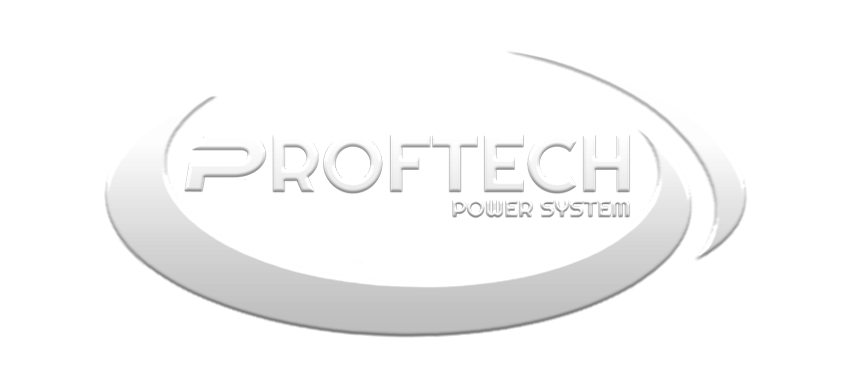

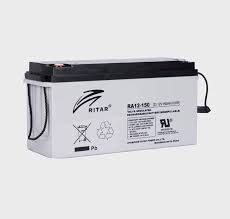
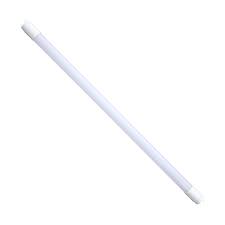
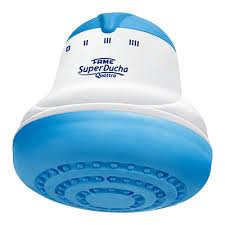
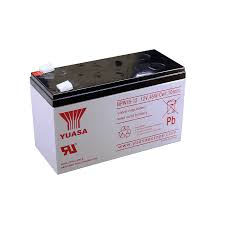
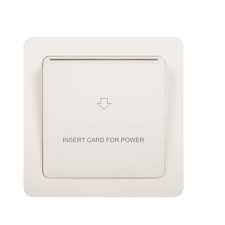
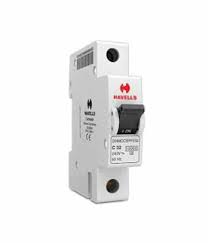
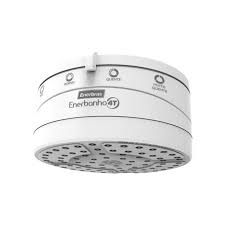
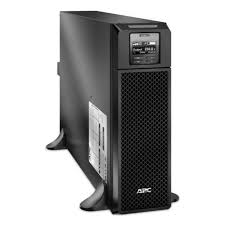
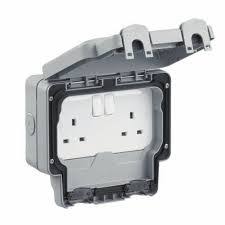
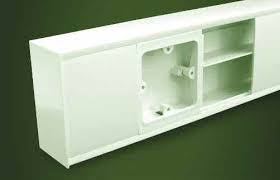
 No products in the cart.
No products in the cart. 